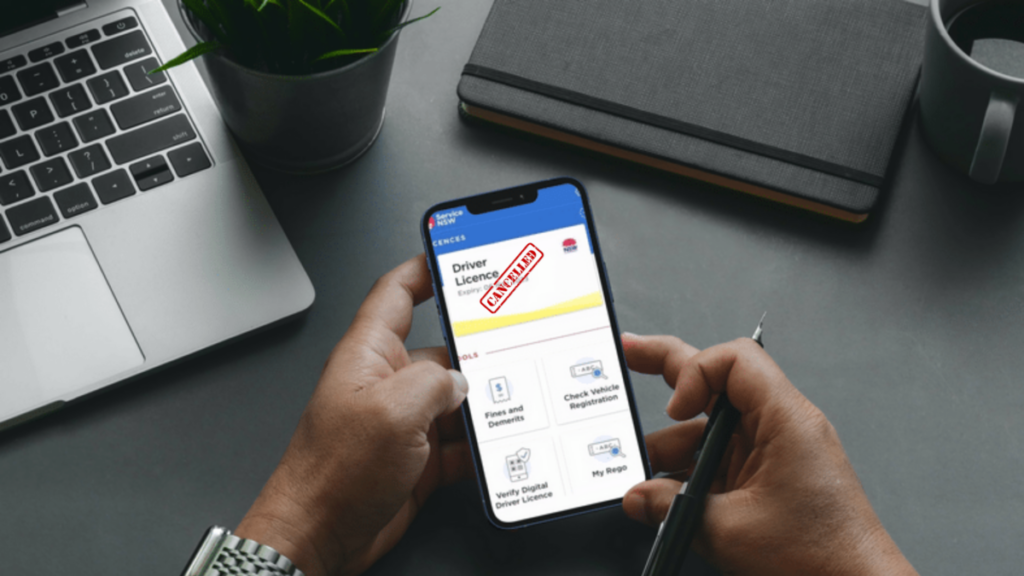Good Behaviour Licence NSW
Are you an unrestricted driver? Have you exceeded your demerit point limit?
If so, Transport for NSW can offer you the option to elect to hold a Good Behaviour Licence to avoid being suspended from driving.
How does a good behaviour license work?
Find out in this quick guide.
What is a Good Behaviour Licence?
Section 36 of the Road Transport Act 2013 (NSW) provides a mechanism whereby full licence holders who have exceeded their demerit point limit may apply for a good behaviour licence for a period of 12 months instead of being suspended from driving.
How do I apply for Good Behaviour Licence?
You do not need to attend Court to get a Good Behaviour Licence. A Good Behaviour Licence is issued at the discretion of Transport for NSW and is usually sent out by mail or e-mail correspondence.
Who is eligible for a Good Behaviour Licence?
To be eligible for a good behaviour licence, you must:
- Hold a full (unrestricted) driver licence,
- Have exceeded your demerit point limit,
- Not have commenced your period of suspension, and
- Apply through Service NSW.
Conditions of a Good Behaviour Licence
The condition of a good behaviour licence is that you cannot accrue two or more demerit points during the 12 months period of the licence.
What happens if I breach my Good Behaviour Licence?
If you breach your Good Behaviour Licence, you will be suspended from driving for twice the original suspension period.
The original suspension period and breach suspension period are calculated by the number of demerit points accrued.
| Demerit Points Accrued | Original Suspension | Suspension if Breached |
| 13 to 15 points | 3 months | 6 months |
| 16 to 19 points | 4 months | 8 months |
| 20+ points | 5 months | 10 months |
Can I avoid a Suspension?
To avoid serving a period of Suspension, you would need to:
- Elect to take the offence that gives rise to the breach to Court and be found not guilty, or
- Elect to take the offence that gives rise to the breach to Court, plead guilty and have the offence dismissed pursuant to section 10(1)(a) or be dealt with by way of a conditional release order without conviction under Section 10(1)(b) of the Crimes (Sentencing Procedure) Act.
Considerations when determining if you should elect to go to Court
Maximum Penalty
It is important to note that if you take a Fine to Court the maximum penalties that can be imposed by the Court are greater than the fine issued at first instance for the offence.
Impact on Criminal History
If you elect to have the matter heard in Court you will be required to enter a plea. As the Court will need to record the outcome of the matter, if you plead guilty or are found guilty, the Court may record a conviction.
If you are convicted of the offence, you will be required to serve the Suspension period.
For more information, see our blog on Licence Suspensions.
How do I elect to go to Court?
The process of electing to take an offence to Court requires you to either;
- Apply through Service NSW; or
- Attend your Local Court Registry to file in person.
If you need assistance with court elections please contact our office.
Key Takeaways
- The Good Behaviour Licence in NSW offers an alternative to suspension for drivers who've exceeded their demerit points, allowing them to continue driving under a strict condition for 12 months.
- Eligibility requires holding a full (unrestricted) licence and not having started the suspension period.
- The primary condition is not accruing two or more demerit points during the licence period.
- Breaching this licence results in a doubled original suspension period.
- The process to apply for or contest decisions related to the Good Behaviour Licence involves Service NSW and potentially, court proceedings.
What happens to my Demerit Points after I completed my Good Behaviour Period?
Section 37 of the Road Transport Act 2013 provides that all demerit points recorded against a person on the date of a notice of suspension or ineligibility are deleted at the date of the suspension, ineligibility or good behaviour licence commencing.
Traffic Law in NSW is complex and can often have a number of underlying considerations that might not be evident. Hamilton Janke Lawyers are recognised as Leading Traffic Lawyers in NSW and will be able to explain to you the way to deal with your matter.
If you or someone you know needs advice or representation for a licence appeal, or court election contact the team at Hamilton Janke Lawyer 24 hours a day, seven days a week by calling 4038 1666.
Written By

James Janke
James Janke is founding partner at Hamilton Janke Lawyers, and has more then decade of experience as a Criminal Defence Lawyer. Admitted to both the Supreme Court of New South Wales and High Court of Australia




